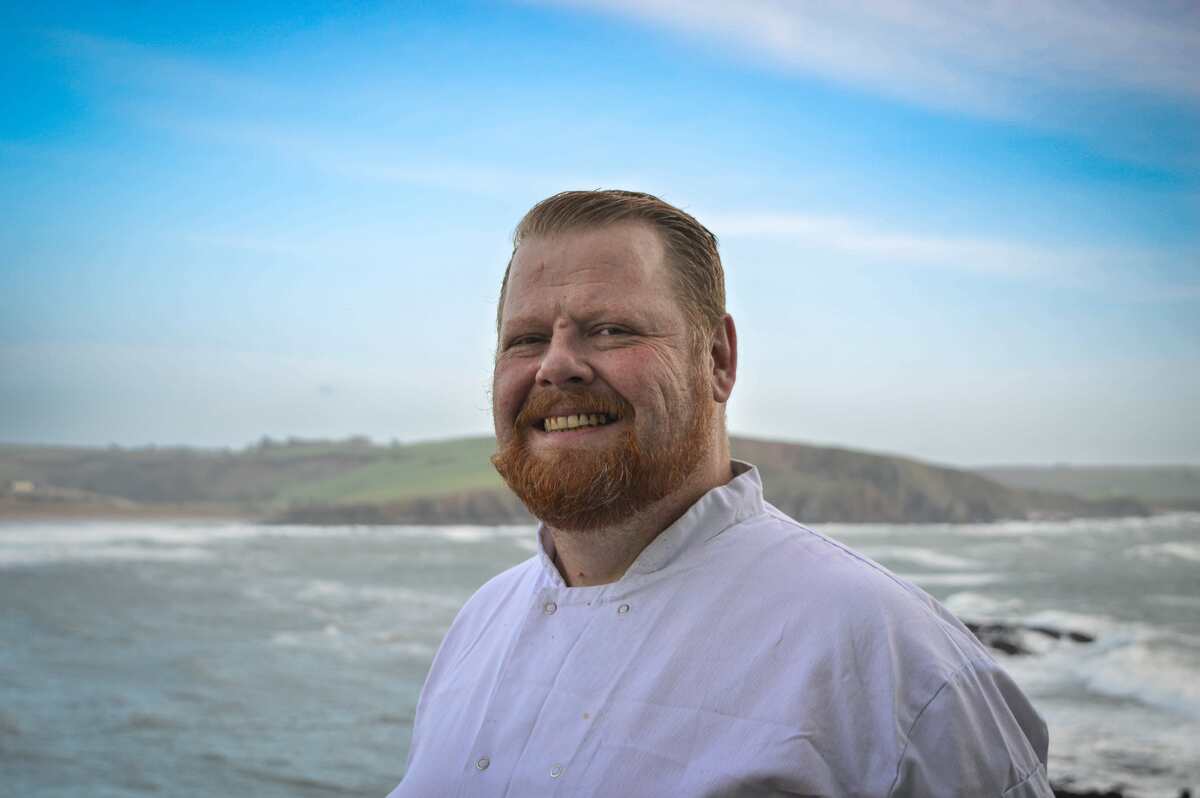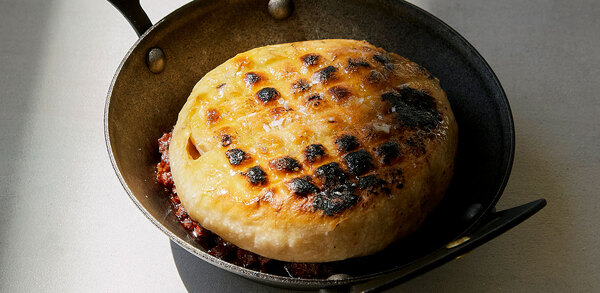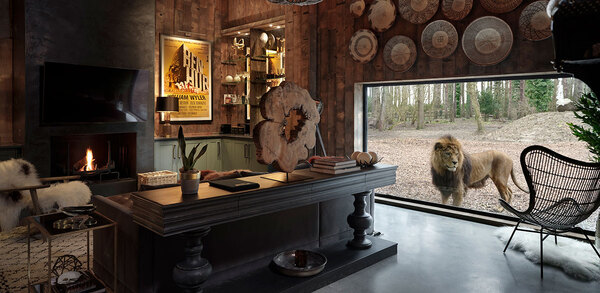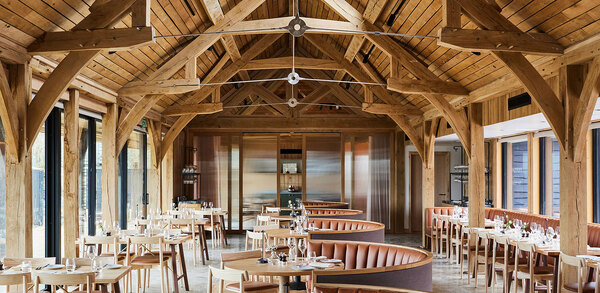Viewpoint: The importance of being accessible
Customers affected by disability are estimated to be worth £2b, but many operators are failing to meet their needs. Robin Sheppard explains
A little consideration on the road can go a long way. Across the industry, we've each had to put up with the occasional patch of peeling wallpaper, cracked bathroom tile or mercurial WiFi connection. Yet more than 12 million people affected by disability in the UK face poor or inadequate access to hotels, restaurants, bars and clubs.
A confident front of house team, a considerately placed parking space, a dog-friendly policy or a responsive kitchen team when faced with dietary requirements: each of these can make a huge, positive impact and contribute to alleviating the stress and embarrassment disabled travellers so often experience. Some 72% report that they have recently stayed at hotels that failed to meet their accessibility requirements, so itâs safe to say we have room for improvement.
As hoteliers, itâs easy for us to nod and say âall are welcomeâ. Talk is cheap, but the proof is in the pudding when it comes to the experiences and feedback of guests. Do they truly feel welcome when staying with us? Are they comfortable enough to request assistance, safe in the knowledge they will be met with a proactive, engaged response? Itâs often the case that genuine care and consideration can make an equally positive impact as installing the latest accessible technology or embracing sexy, smart design. In fact, 71% of disabled travellers feel further staff training would significantly improve their experience.
Deeper still is the problem of perception, an area in which our industry remains staunchly outdated. Why is disabled accommodation â" which is usually larger and better located â" so often perceived as a downgrade? This is something the Institute of Hospitality is seeking to address via the launch of the Blue Badge Access Awards (BBAA), in partnership with Bespoke Hotels, Blue Badge Style and Leonard Cheshire Disability. Evolving from the Bespoke Access Awards, which prioritised accessible design and technological solutions for disabled travellers, BBAA is adopting a more holistic approach, focusing instead on recognising businesses with high standards of staff training around accessibility, as well as employment opportunities afforded to those with disabilities.
There is real institutional support for this, and a desire at the very highest levels of government to see the industry change and to imbue disabled tourism with a sense of sex appeal. I was honoured to be named Hotel Sector Champion by the governmentâs Office for Disability Issues in 2017 â" albeit minus the sex appeal â" and our awards initiatives have enjoyed ongoing support from the Royal Institute of British Architects and the government.
Building on this, we are delighted to be participating in a roundtable discussion on these issues in partnership with The Caterer in the new year, and to be once again sponsoring the Accessibility Catey in 2019. I am thrilled to see the hospitality media bringing these issues to light, and immensely proud to be a public advocate for improving access and experiences in hotels. I would personally implore The Catererâs readers to enter this category at the 2019 Cateys, and to take an active role in enabling disabled travellers to enjoy life to the full, without fear or frustration.
â¢Â Please register your interest in taking part in the roundtable discussion on accessibility by emailing chris.gamm@thecaterer.com
CH&Co awarded Disability Confident Leader status >>
Dare to be different: A look at Rudding Park >>



















